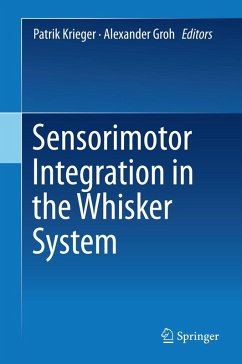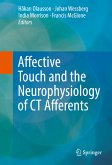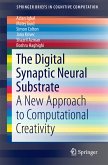In this book, authors examine the whisker system on many different levels, ranging from the building blocks and neuronal circuits to sensorimotor behavior. Neuronal coding strategies, comparative analysis as well as robotics illustrate the multiple facets of this research and its broad impact on fundamental questions about the neurobiology of the mammalian brain.
Dieser Download kann aus rechtlichen Gründen nur mit Rechnungsadresse in A, B, BG, CY, CZ, D, DK, EW, E, FIN, F, GR, HR, H, IRL, I, LT, L, LR, M, NL, PL, P, R, S, SLO, SK ausgeliefert werden.
Hinweis: Dieser Artikel kann nur an eine deutsche Lieferadresse ausgeliefert werden.









